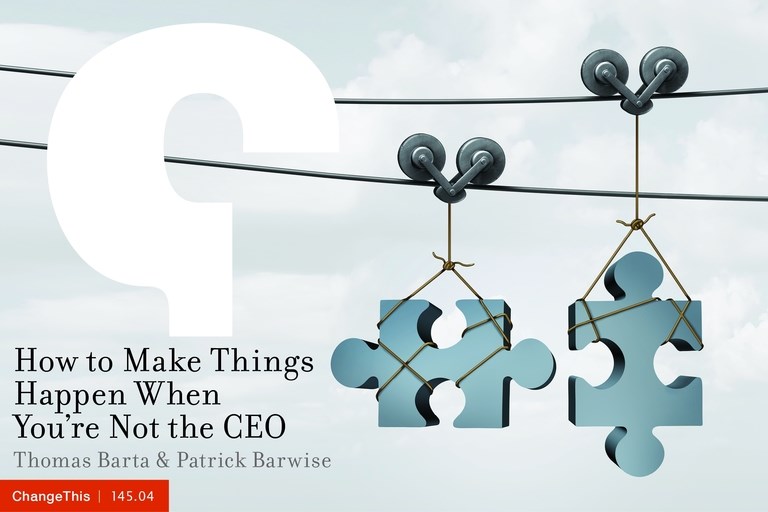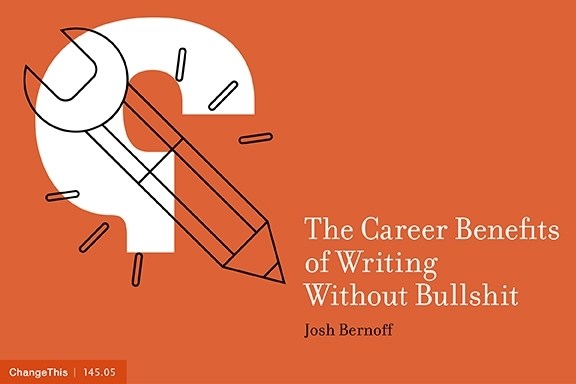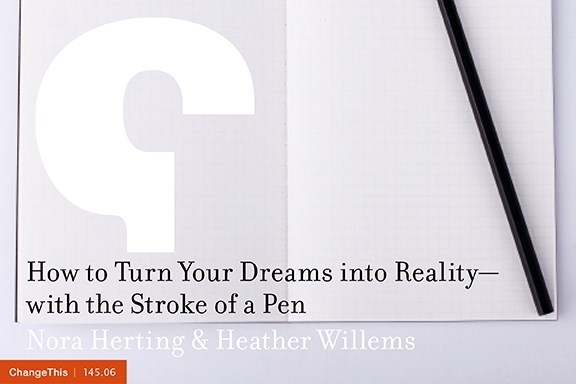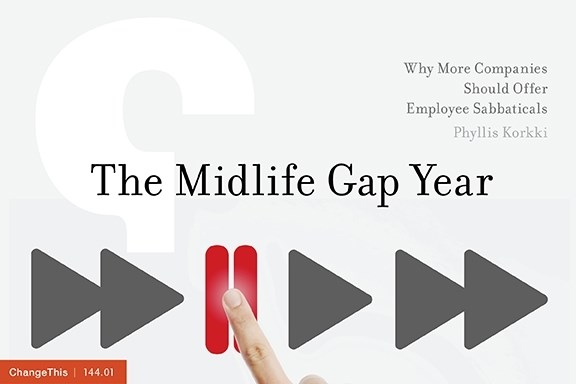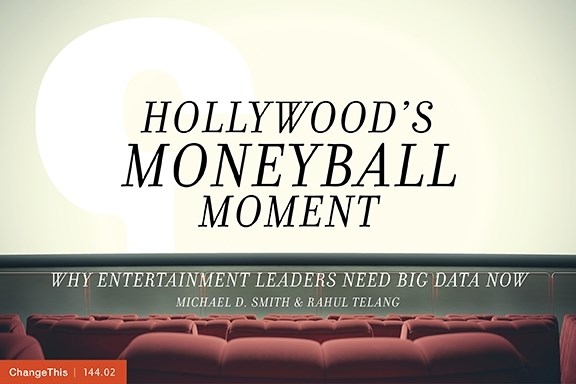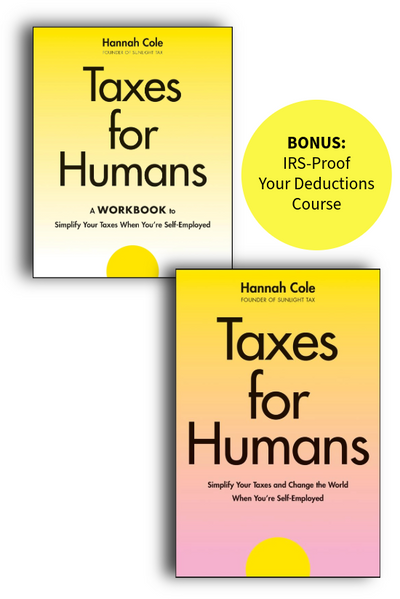ChangeThis RSS
"You're an expert or manager in, say, marketing, IT or distribution. Maybe you're even the head of that function—the CMO, CTO or Distribution Director. You and your team have come up with a great idea that—if executed—will significantly benefit the company. But, like most important proposals, in order to be implemented, it will need the support of several other departments. Without that support, nothing will happen. Here are five ways to achieve it."
Continue reading
"Clarity. Boldness. We say that we value these qualities in communication at work.
So why is nearly everything we read so full of bullshit?
Our inboxes, browsers, and smartphone screens are filled with jargon-laden, meandering drivel. Why can't people get to the point and say what they mean? [...]
After 35 years of reading and writing for work, I decided to face this problem head-on: to determine what causes bullshit, and how we can all learn to write without it. The problem is real. And the solution is within reach. It's just a question of committing yourself to writing without bullshit."
Continue reading
"Have you ever dreamed of doing something big in your life—like maybe starting your own business? Have you also had trouble pursuing that dream because you didn't know where to start? Rest assured, you're not alone.
Some 67 percent of millennials are interested in starting their own business, while about 54 million Americans now consider themselves freelancers.
But turning a great idea into something that will actually earn you a living can be intimidating. You kind of know what you want, but maybe you have a hard time explaining it to other people, let alone knowing if someone would be willing to pay you in return for your product or service.
If only there were a way to break it down into more manageable chunks—something you could do that would allow your brain to fully activate in coming up with the answers you need.
It turns out there is a first step you can take to start to make your big ideas and dreams come true: You can pick up your pen and start drawing."
Continue reading
"It's time to make a midcareer gap year an accepted part of people's working lives.
The academic world has long recognized the importance of sabbaticals as a way to press the refresh button on one's life and work. Some companies (including Deloitte, Genentech, General Mills and Kimpton and PriceWaterhouseCoopers) offer sabbaticals to their employees, but these tend to last a few weeks to a few months—not enough time for a complete break from the daily grind.
Rather than call a break from a nonacademic job a sabbatical, I think we need to call it a gap year—so that it is modeled after the year that some students take off between high school and college. For these young people just starting out in life, taking a gap year is a time to explore new interests and develop of sense of independence. For middle-age aged people, it can be a similar journey, but with more of the richness of the past to inform it.
A midcareer gap year is an important step to incorporate into people's professional and personal lives because of two major societal changes: extended longevity and a transformed work world."
Continue reading
"For nearly a century, industry executives have relied on the same script: use industry experience and gut feel to pick the right products; sell these products to customers in a series of staggered release windows; and hope to win by creating blockbusters. For movies, this meant first selling high-priced tickets for single viewings of films in the theaters; then selling DVDs three months later that could be watched repeatedly at home; and then, six months to two years after that, licensing films to cable TV, where they could seemingly be watched for free. This method of selling content wasn't arbitrary. In an analog world it represented the most profitable way of make money from consumers who placed very different values on the movie.
[...]
In recent years, however, a perfect storm of technological change has hit the entertainment industries. It involves the convergence of user-generated content, long-tail markets, and digital piracy, and it has diminished the profitability of the industries' traditional business model."
Continue reading

